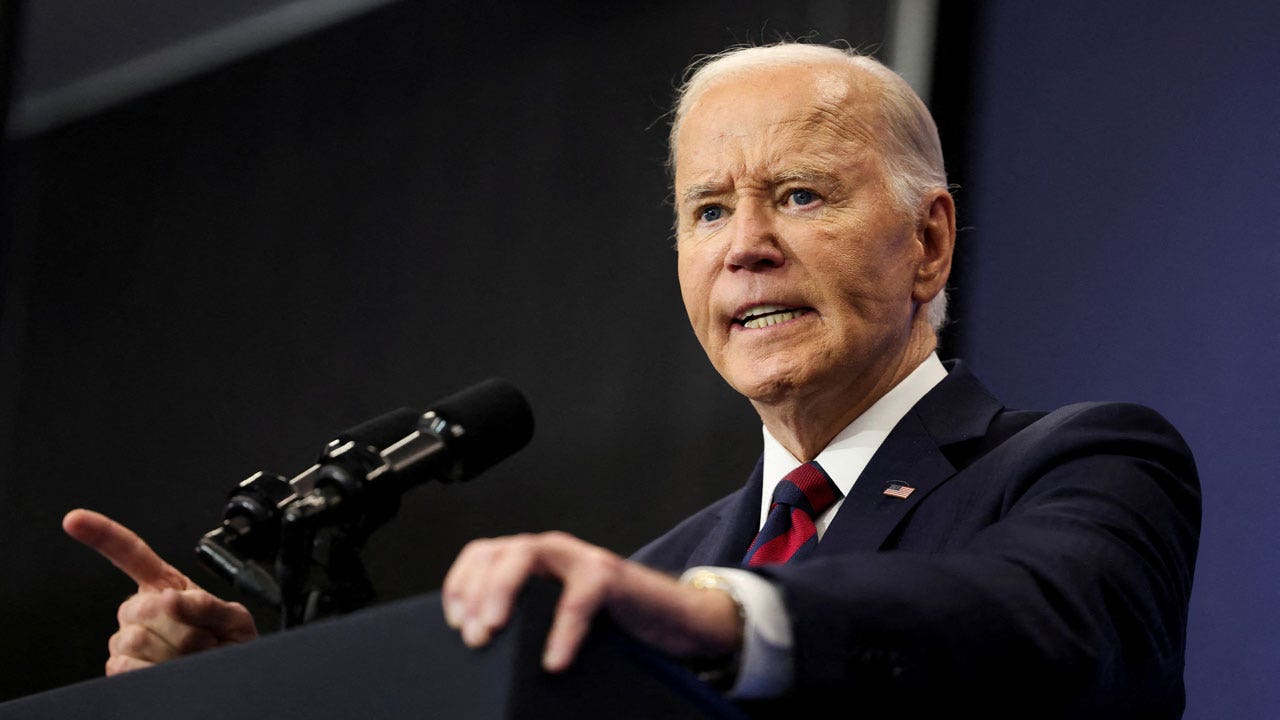Self-identity has become an important part of agriculture in the Central Kootenay.
In its fifth annual Farm and Food Directory — a joint publication of the Central Kootenay Food Policy Council and Pennywise — a tool was added to enable indigenous, black, other people of colour, youth and LGBTQ2S+ individuals to self-identity in the directory.
“Our purpose was to enable those who so choose to promote their identity, with the hope that it would better enable people to proactively support their businesses,” noted council policy director Abra Brynne in the blog The Courage to be Different.
It takes a lot of courage to be visibly different, Brynne explained in the blog, and that includes agriculture.
“Many of us who do not fit into the neat boxes of the norm choose to hide how we are different, unless we know for sure that in that particular time and place it is safe to be seen,” wrote Brynne. “And in our white-dominated communities, there are many who have no choice but to be seen — and yet we render them invisible in so many ways in our daily life.”
Already there are four BIPOC-owned — black, indigenous and people of colour—and three youth-owned businesses self-identifying in the directory. Although none have self-identified as queer, the option is available.
The fifth annual Farm and Food Directory is available for free at tourist information centres, markets and local food stores in the Central Kootenay region, or online at centralkootenayfood.ca.
Cannabis kind of biz
The council was also involved in the recent provincial Cannabis Summit held in April in Kelowna.
An important player in agriculture across the region and the province, the cannabis industry identified and prioritized policy for the federal and provincial governments to address current regulatory barriers preventing B.C.’s craft cannabis farmers, processors, nurseries and retailers from achieving full potential.
The resolutions included:
• Cannabis Actreview
Ensure that the scope of the upcoming Cannabis Act review include all elements of the act and its regulations, as well as including all B.C. craft farmers, processors and independent retailers in the review.
• B.C. direct sales policy
The summit attendees asked for collaboration — with the Association of Canadian Cannabis Retailers, B.C. Craft Farmers Co-op and the Kootenay Cannabis Development Council — to build the sector’s capacity to fully implement and support the proposed direct sales policy over the coming year, and eliminate the 15 per cent handling fee for cannabis being sold directly from farmers and processors to B.C. retailers.
• Medical cannabis access
One resolution asked for support in the establishment of a National Centre of Excellence for Cannabis Health Research in B.C. focused on factors including “genomic analysis of cannabis strains and their unique effects; population health impact on different groups and impact of delivery vectors.
• Cannabis as an agriculture activity
One resolution warned that “if significant improvements are not made to the Cannabis Act over the coming year, and Health Canada continues to approve craft cannabis production licences at the current rate, jurisdiction be transferred to an agency mandated to support the industry and help it flourish.”
Source: B.C. Craft Farmers Co-op





















Discussion about this post